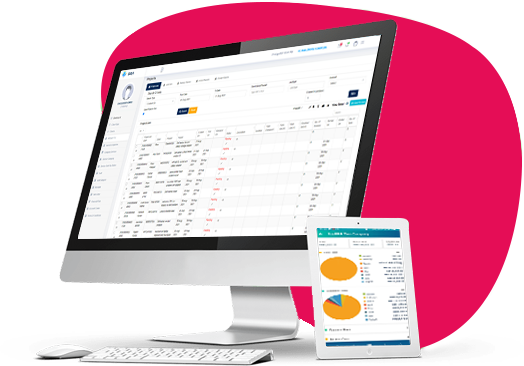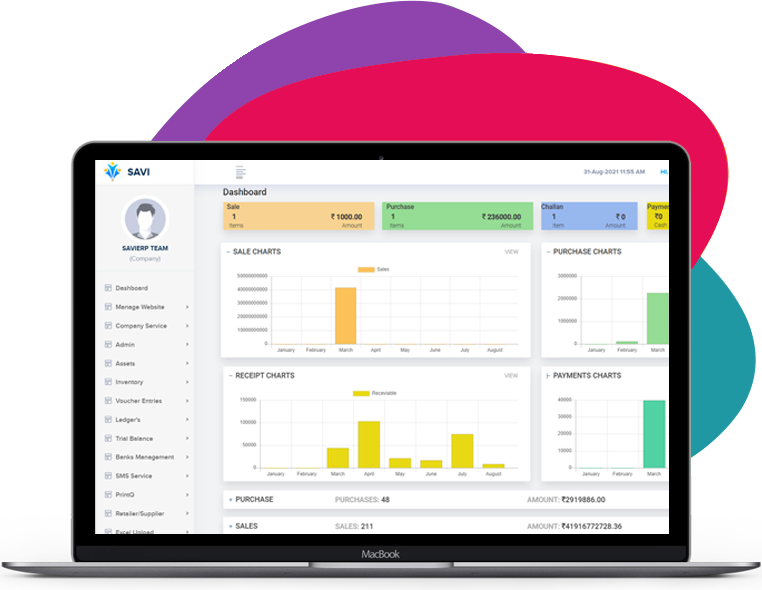Certainly! When considering an ERP (Enterprise Resource Planning) system for a small business, it’s essential to focus on features that can streamline operations, enhance efficiency, and support business growth. Here are some important features to consider:

An intuitive and easy-to-use interface is crucial, especially for small businesses with limited IT resources. It should require minimal training for employees to get started.

This includes modules for accounting, invoicing, payroll, and financial reporting. Integration with banks and payment gateways can be very beneficial.

Efficiently track and manage your inventory, including stock levels, order management, and real-time updates.

Manage leads, track sales, and maintain customer information. Integration with email and marketing tools can be valuable.

Optimize your supply chain with features like supplier management, procurement, demand forecasting, and order processing.

Keep track of employee information, payroll, benefits, attendance, and performance evaluations.

Robust reporting tools allow you to make data-driven decisions. Look for features that offer customizable dashboards and the ability to generate various types of reports.

Ensure that the ERP can integrate with other essential software and services your business uses, such as e-commerce platforms, CRM software, and third-party apps.

Access to the ERP system from mobile devices can be invaluable for remote workers and on-the-go management.

Data security is crucial. Look for features like role-based access control, encryption, and regular security updates.

Your ERP should be able to grow with your business. It should accommodate increased data and user loads without a major overhaul.

The ability to customize the ERP to meet your specific business needs is essential. This includes adding custom fields, workflows, and reports.

Ensure the ERP complies with industry-specific regulations and standards relevant to your business.

A reliable support system and access to training resources are important, especially for small businesses that may not have in-house IT expertise.

Consider the total cost of ownership, including licensing fees, implementation, maintenance, and ongoing support costs.

Cloud-based ERPs are increasingly popular for their flexibility and accessibility. They eliminate the need for on-premises hardware and IT maintenance.

Fine-grained control over user access to data and functionality is important for maintaining data security and privacy.

If your business deals with international customers or suppliers, support for multiple currencies and languages is crucial.

Ensure that the ERP system has robust backup and recovery capabilities to protect your data from loss or damage.

Automate repetitive tasks and workflows to improve efficiency and reduce manual errors.